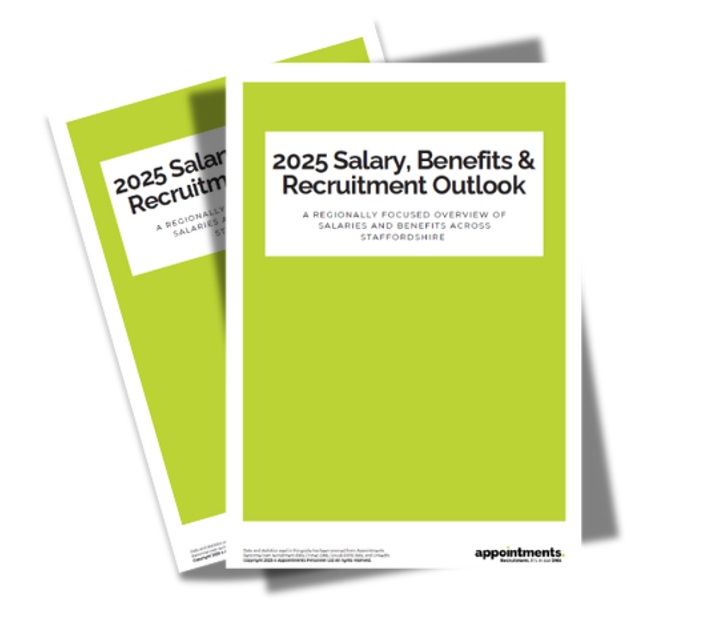
Share Article
Understanding the UK Labour Market Overview – October 2024 Update for Employers
As an employer, staying up to date with the latest labour market trends is crucial for navigating hiring strategies, understanding employee retention, and making informed business decisions. The latest update from the Office for National Statistics (ONS) provides valuable insights into the current state of the UK’s labour market, which has shown resilience amid economic pressures but also highlights areas that demand attention.
Let’s dive into the key findings of the ONS Labour Market Overview, October 2024, and discuss what this means for employers like you.
1. Employment and Unemployment: Stabilising but Slow Growth
Employment in the UK remains stable but shows signs of slower growth compared to previous years. According to the ONS, the employment rate for individuals aged 16 to 64 sits at 75.8%, a slight increase of 0.1% over the quarter. However, the growth in employment has tapered, reflecting a cooling labour market as businesses face higher costs and uncertainties about the broader economic environment.
Unemployment, on the other hand, has held steady at 4.2%. This level is relatively low compared to historical standards but signals that the post-pandemic recovery is still plateauing. With this in mind, employers may face a more competitive recruitment landscape, especially for skilled workers.
In practical terms, this means that businesses should consider retaining talent through flexible working options, clear development opportunities, and fostering a supportive workplace culture.
2. Economic Inactivity: A Shift in Workforce Dynamics
A significant issue impacting the UK labour market is the economic inactivity rate, which measures those not in work and not actively seeking it. While this figure has improved slightly to 20.8%, it still reflects a portion of the working-age population that remains out of the workforce, either due to long-term illness, early retirement, or personal commitments such as caregiving. This trend is a key driver behind labour shortages in various sectors.
As a business, consider offering more flexible working conditions or return-to-work programmes to tap into this underutilised labour pool. Offering part-time, hybrid roles or roles with phased working hours can be an effective way to attract those who might otherwise remain economically inactive.
3. Vacancies and Redundancies: Opportunities in a Cooling Market
Vacancies have seen a decline, as businesses are more cautious about hiring in light of economic pressures. While this reduction in vacancies might suggest a slowdown, it presents an opportunity for those looking to fill critical positions. With the number of redundancies ticking up slightly, there may be highly skilled workers entering the job market who could be a perfect fit for your business.
Employers should remain vigilant for high-quality candidates, particularly in sectors that are experiencing shifts in demand, such as healthcare, tech, and education. Quick, efficient hiring processes and competitive offers will help capture the best talent during this period.
4. Earnings: Adjusting to Wage Pressures
The ONS data on earnings shows a continued upward trend, largely driven by inflation and ongoing wage pressures. The latest figures show that average weekly earnings have increased but at a rate that still lags behind inflation. With inflation hovering around 6%, businesses face a delicate balancing act between offering competitive wages and managing rising operational costs.
For employers, it's vital to maintain a realistic approach to salary negotiations. While wage growth can be challenging, offering competitive benefits packages, professional development, and non-monetary perks such as remote work options or mental health support can help offset the need for steep wage increases.
5. Navigating Labour Market Changes: Key Takeaways for Employers
- Retention Strategies Are Key: In a market where hiring is competitive and vacancies are declining, retaining existing employees is more critical than ever. Focus on employee engagement, well-being, and career development.
- Flexibility Matters: Economic inactivity remains high, but businesses can attract these individuals by offering flexible working conditions, part-time roles, or phased return-to-work schemes.
- Vacancies and Talent Gaps: With fewer vacancies being advertised and more redundancies, businesses have an opportunity to snap up skilled workers who might be newly available. Be prepared to act quickly when top talent enters the market.
- Consider Non-Monetary Incentives: Inflationary pressures mean salary increases may be hard to sustain. Consider alternatives like flexible working, additional holiday time, or improved company culture to attract and retain staff.
What Next?
As the UK’s labour market stabilises but continues to show signs of strain, it’s more important than ever to stay on top of changes and adapt your business strategies accordingly. Whether you’re looking to recruit new talent, retain your current team, or navigate the complexities of wage growth and economic inactivity, we’re here to help.
At Appointments, we understand the challenges facing UK businesses and are here to offer tailored recruitment solutions to ensure your workforce remains strong and resilient. Get in touch today to discuss how we can help your business thrive in this evolving landscape.









